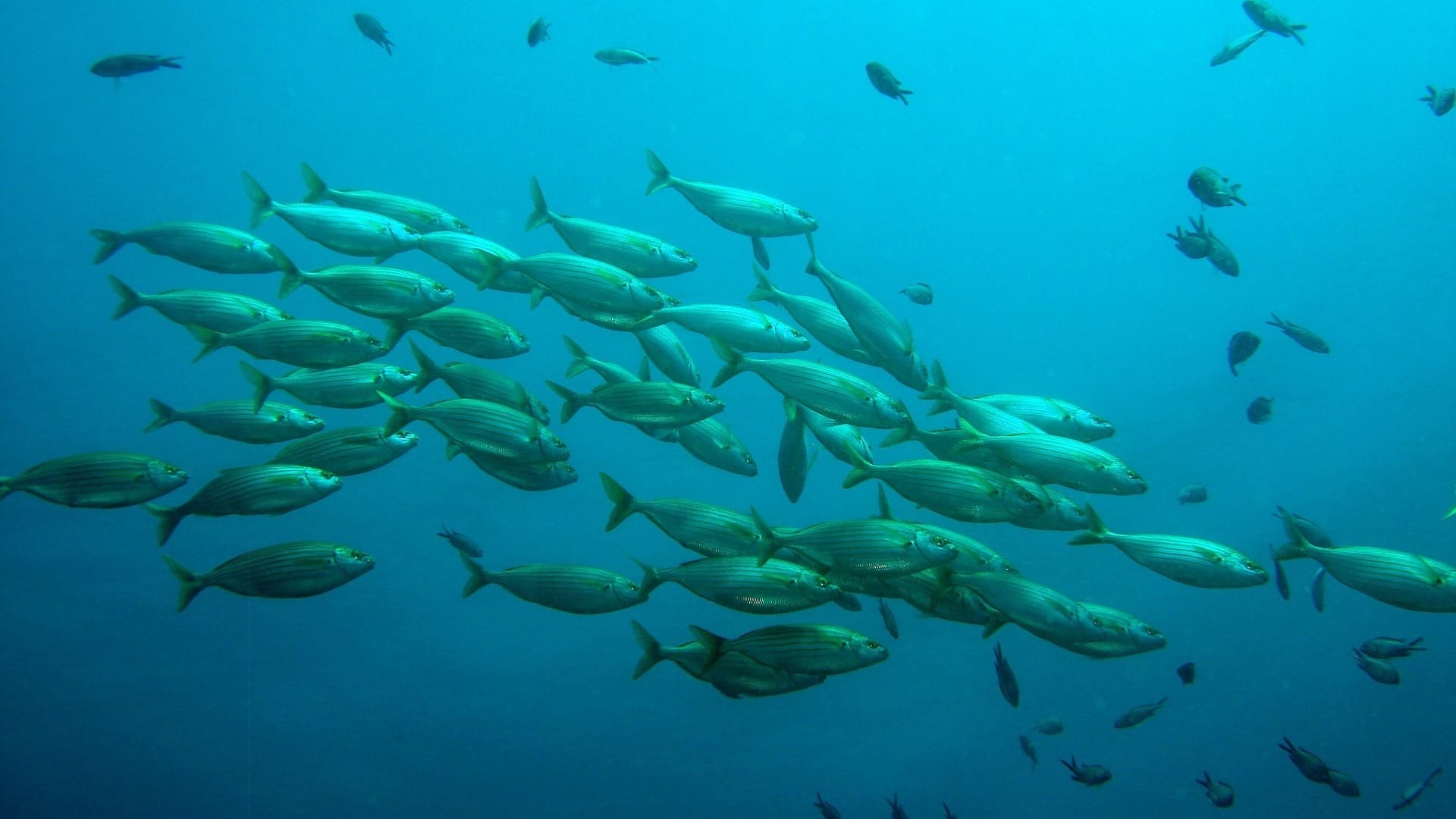
The benefits of farming BSF larvae for fish feed
For fish farmers, especially in developing countries, the high cost and limited availability of fishmeal and soybean-based fish feed can be a major challenge. Black Soldier Fly (BSF) larvae offer a sustainable, cost-effective and locally producible alternative that can improve profitability while reducing reliance on expensive or imported feeds.
High-quality, nutritious fish feed alternative
- The protein content of BSF larvae is typically in the range of 30-50 % of dry weight in most studies, though some reports note values as high as 60% depending on the rearing substrate and processing method.
- Fat content can vary widely, generally ranging from 6% to 41%, but most commonly falls within the 15-35 % range, again highly dependent on the substrate.
- BSF larvae possess a well-balanced profile of essential amino acids, including lysine and methionine, which are often limited in other feed sources.
- Numerous studies confirm that BSF larvae are an excellent feed ingredient for various fish species such as tilapia, catfish, and salmon, supporting good growth and feed conversion.
Nutritional profile adjusted by substrate
- The nutritional composition of BSF larvae is directly influenced by the rearing substrate. Protein and fat content, as well as fatty acid profiles, can be tailored by changing the substrate (e.g., more protein-rich or fat-rich wastes).
- For example, larvae reared on fish offal or substrates high in protein will have higher protein content, and those fed substrates rich in certain fats can have altered fatty acid profiles, including increased omega-3s.
Natural diet of fish species
- Many fish species, including tilapia and catfish, naturally consume insects as part of their diets in the wild.
- Insects are a natural food source for both marine and freshwater fish, and their inclusion in aquaculture feeds aligns with the natural feeding habits of these species
Uses local organic waste, including fish farming byproducts
- BSF larvae can be grown on fish processing waste (guts, scales, offal), reducing disposal costs while recycling nutrients back into the farm.
- Other locally available waste—such as fruit/vegetable scraps, brewery waste, or manure—can also be used, lowering feed production costs.
- This closes the nutrient loop, making fish farming more sustainable and efficient.
Live feeding reduces processing and storage needs
- Unlike processed feeds, live BSF larvae can be fed directly to fish, eliminating the need for drying, transportation, and long-term storage of fish feed.
- This is especially useful for small-scale farmers with limited refrigeration or storage capacity.
- Live larvae also stimulate natural hunting behaviors, improving fish health and growth rates.
Lower production costs and increased profitability
- Farming BSF requires minimal infrastructure – simple containers or pits with shade and moisture control.
- Since the larvae feed on waste, operating costs are very low, making it a viable option even for smallholder farmers.
- Excess larvae or frass (residue) can be sold as fertilizer or feed, creating additional income streams.
Environmentally sustainable
- Reduces pressure on wild fish stocks typically used for fishmeal.
- Cuts down on landfill waste by converting organic byproducts into valuable protein.
- Lower carbon footprint compared to traditional feed production and transportation.
Considerations for optimal use
- Fish species matter – some (like carnivorous fish) benefit more from BSF larvae than others.
- Substrate affects nutrition – larvae fed on fish waste may have higher protein and fat levels than those raised on plant matter.
- Partial replacement (e.g., 25-75% of diet) may be the best option, depending on the fish’s nutritional needs.
Black Soldier Fly larvae offer fish farmers a low-cost, sustainable, and efficient way to produce high-quality fish feed using locally available waste. By adopting BSF farming, farmers can reduce feed costs, improve fish health, and minimize waste—all while becoming less dependent on expensive commercial feeds. Harness the power of insects to grow fish smarter, cheaper, and greener!
Learn more about BSF farming in the
Insect Farm Hub!
Manna Insect has launched a comprehensive insect farming platform designed for learning, managing, monitoring and networking. There are tons of free content about insect farming, as well as a lot of paid premium content, that dives even deeper in black soldier fly business.
Do you already follow us in LinkedIn? We share insights and news about BSF farming and insect business daily in Manna Insect LinkedIn page, come and join the discussion!
Cover picture by Jeanne M from Pixabay
Read also: BSF larvae in fish feed: Benefits for aquaculture
